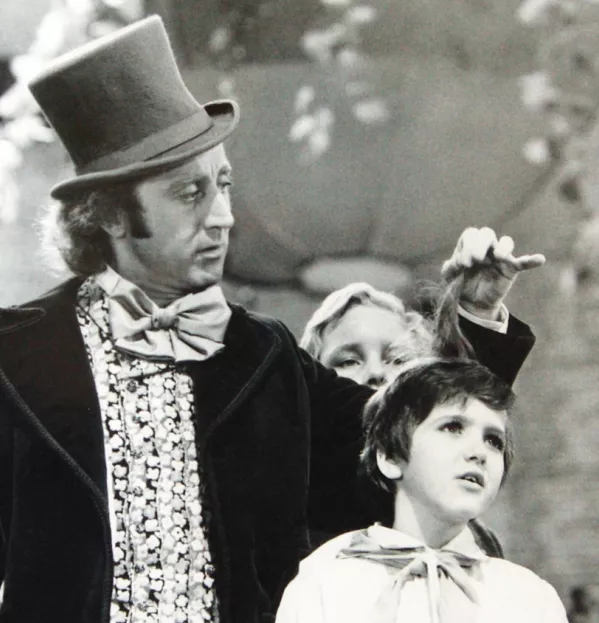How to handle pupils who love playing up

You know the kind of student I’m talking about. We’ve all taught them: those pupils who can’t cope with order in the room and have to break it by drawing attention to themselves. They usually create the kind of disruption that’s not going to get them into serious trouble, but will create just enough static to allow them to bask in the glow of the teacher’s disapproval or break the monotony of a quietly working classroom. Researchers at the University of Texas have officially coined this behaviour as “need for drama”.
I recall one student who could tie you up in linguistic knots because of a misspoken word or an off-the-cuff remark. Five minutes of discussion would follow between us, in which I would clarify what we both knew I meant and he would seek further elucidation. The result was a pupil getting all of the focus he desired while the concentration of the class was lost to verbal ping-pong.
Another extreme pupil in this category was a serial confessor of misdeeds, from smoking at lunchtime to stealing from his mum’s purse, all without evidence, all invented but all serious enough to cause an investigation, creating lots of drama for the instigator.
These students needn’t be verbally dexterous; they can use props. A flying insect bouncing off a window is fertile ground for disruption, as the pupil knows how to work the room. Their overreaction gets the attention of the teacher, who may struggle to tell the pupil off for hyperventilating over something about which they seem genuinely scared.
‘A flying insect bouncing off a window is fertile ground for disruption’
It seems most likely that this ability to create drama has been tried and tested in the home environment to grab the attention of a distracted parent before it is unleashed on the new school audience. The behaviour will be refined and polished as the pupil moves through the educational system.
Fortunately, there is much that a teacher can do to combat this behaviour.
First of all, it is important to remember that the pupil is acting up for a reason and not just attention-seeking for the sake of it. The pupil is actually getting satisfaction from it. It could be about breaking the boredom in a lesson they don’t really understand, or it could be about getting the warm feeling of knowing that everyone in the class is focused on them. Or it could be something more serious. Finding out is important and it should influence your decision about what to do next.
If the behaviour is caused by an issue around learning and a craving for attention related to that, then your first port of call is a discussion with the student to find a way of helping them. That might be a different way of explaining things or a different approach to the task.
Once this is tackled, you need to try and break the cycle of behaviour they may have become used to. Here’s how.
1 Find positive reasons for attention
Understandably, you might not want that disruptive child to read the main part in the play or to be first on the court for the badminton match, as you don’t want to reward poor behaviour. However, if the pupil’s need for drama is satisfied in a positive manner when they are chosen ahead of others, hopefully they will then seek further positive scenarios to receive your beneficence and you can return to a more balanced distribution of roles.
2 Limit the negative attention
It is important to manage the negative admonishments carefully. Often the student craves such a reaction as it can distract attention away from their own struggles and give them the spotlight. If they play up, keep your response business-like and nonemotional; don’t overreact or show your exasperation, even if you feel your buttons are being expertly pushed.
3 Show your enthusiasm
I’ve found that being especially nice can often work: more eye contact, more encouraging smiles and more praise (though be careful not to neglect any other students). A little positivity goes a long way.
4 Keep them busy
Giving the student more administrative tasks can be very effective. Ask them to hand out the books or to help the pupil support assistant with the photocopying. They can be rewarded for doing something concrete and be given praise that they can relate to the task they have just completed.
5 Pre-empt an outburst
Finally, you can try and head them off. Look for the signs that an outburst is likely. You can go really official and create an Antecedence Behaviour Consequence (ABC) chart, on which you plot either what happened before the outburst or when it happened, over a number of lessons. More informally, simply observe the pupil: if you can see that they are losing focus (eg, they are visually scanning the classroom or are fidgeting) act to encourage them to get back on-task.
Gordon Cairns is an English and Forest School teacher in Glasgow
You need a Tes subscription to read this article
Subscribe now to read this article and get other subscriber-only content:
- Unlimited access to all Tes magazine content
- Exclusive subscriber-only stories
- Award-winning email newsletters
Already a subscriber? Log in
You need a subscription to read this article
Subscribe now to read this article and get other subscriber-only content, including:
- Unlimited access to all Tes magazine content
- Exclusive subscriber-only stories
- Award-winning email newsletters